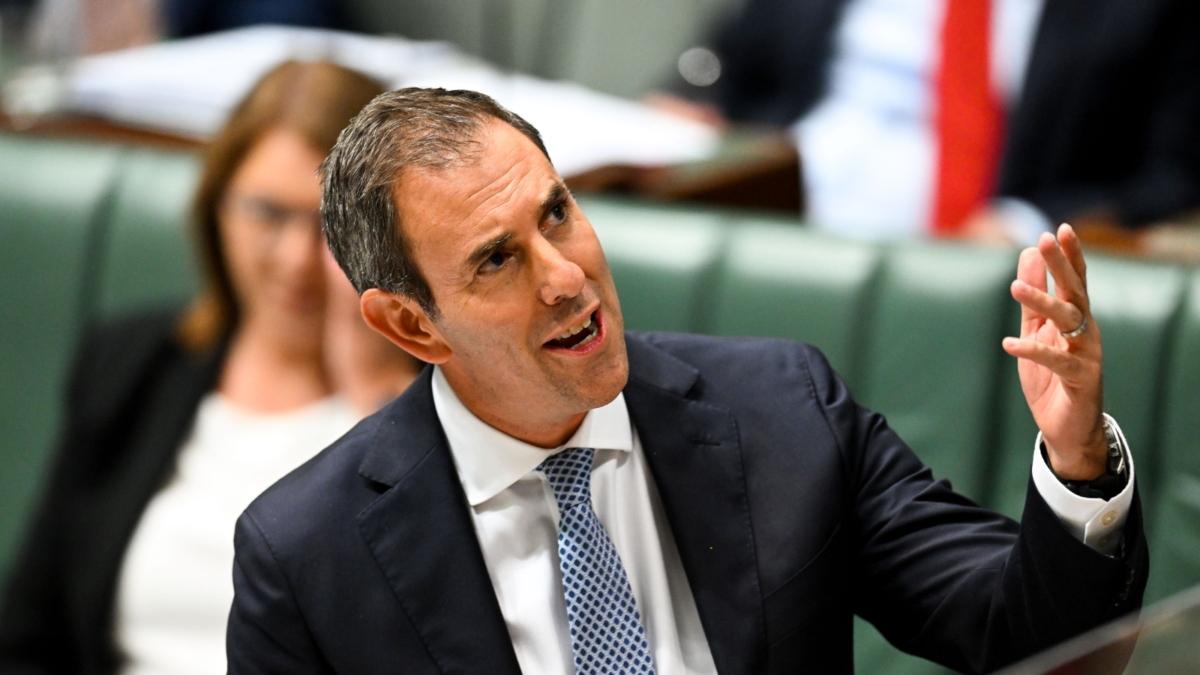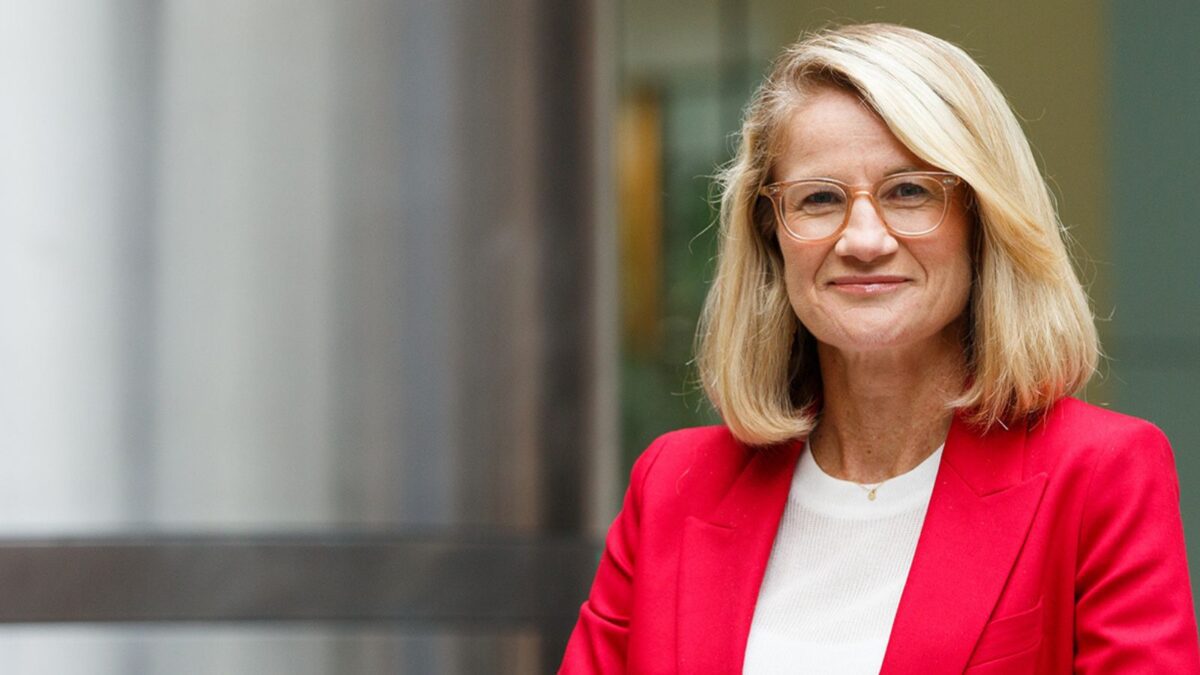Forget Big Data… It’s actually about lots of little data
(Pictured: Darrell Ludowyke)
Roll up your sleeves and get in there. And think creatively about your data… because: “the superannuation industry is one of the last to shift to a data-driven world”. So said Darrell Ludowyke and Greg Joffe at the FEAL national conference last week. As boring as it sounds, data management is increasingly important for the survival of super funds.
Irrespective of whether or not an external administrator is hosting it, the super fund owns its data and needs to take control of it. Ludowyke, the CEO of data management company Empirics, said: “Analytically driven mass personalization (of data) will win the day.”
Funds needed to “wrest control” from the data hoarders, Ludowyke said. Data is not an IT function. It’s a business and marketing function.
Ludowyke and Joffe, principal of the Nous Group, presented to the FEAL conference on how to get the most out of a fund’s data in order to measure a full range of member experiences and possible demand points.
Ludowyke said that funds needed to get their “little data” right before thinking about Big Data. What he meant was that the notion of “Big Data”, which technologists have coined as meaning systems aimed at coping with a world of an enormous supply of data which has to be transformed into usable information, can only be addressed after delving into the database of available information on fund member information.
“Find out what it means to be an active member,” he said. “And then identify them. Measure what you should, not what you can. For instance, we talk about email open rates but what’s more important is the effectiveness of our seminars and other forms of engagement.”
Funds should be disciplined in their approach to their data. For instance, given a goal of “retaining high-value members” then they should put a number on this: say, 90 per cent. With member seminars, put a number on how many attendees engage afterwards.
One of the main reasons a member may leave a fund, or no longer have his or her employer contribute, is because of a change of job Can a fund find out? If the employer is continuing to contribute on behalf of other members, the chances are the employee has changed jobs and should therefore be contacts.
“Put dials and indicators in place so you know when there’s something going on in the member’s life,” Ludowyke said.








